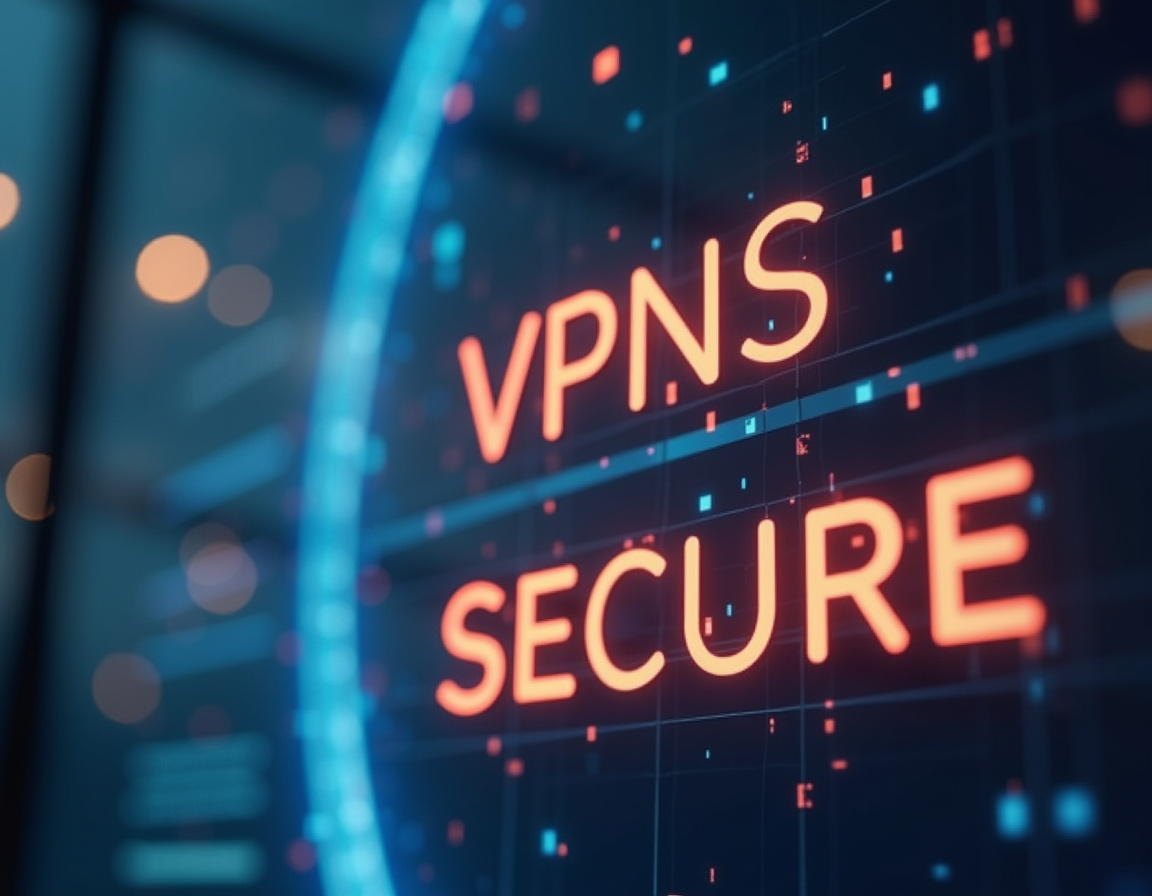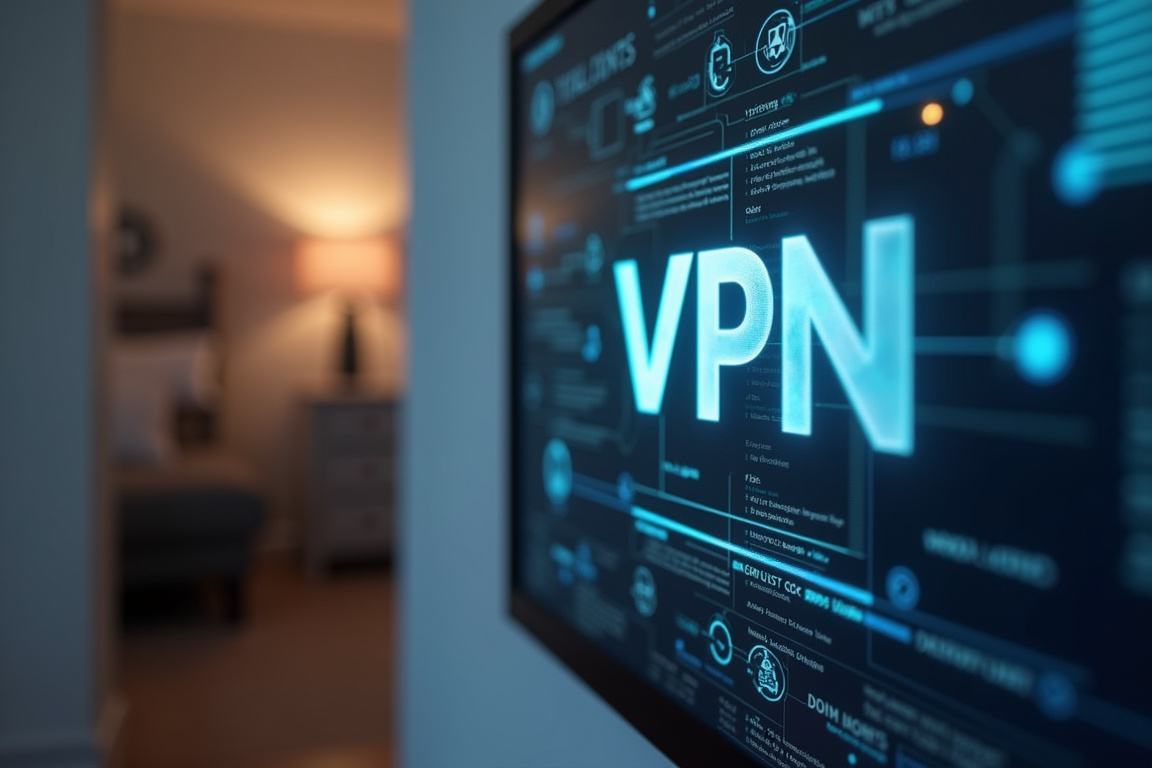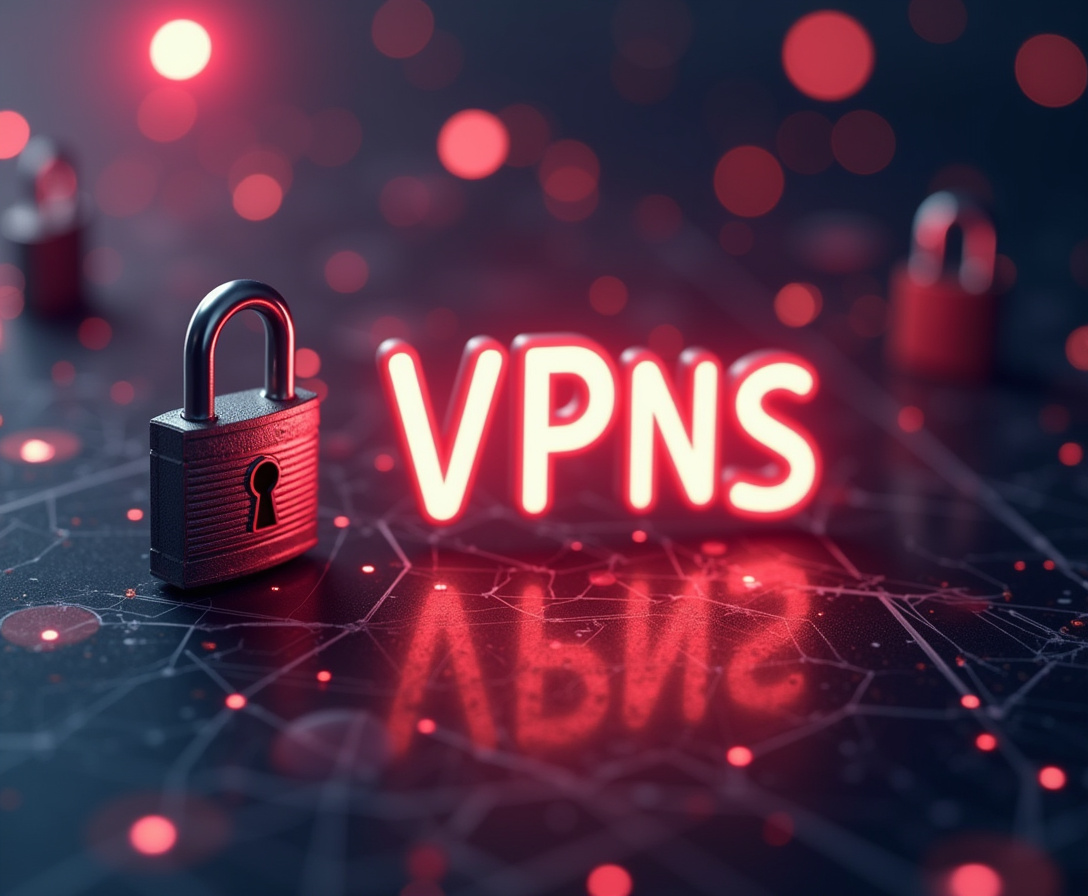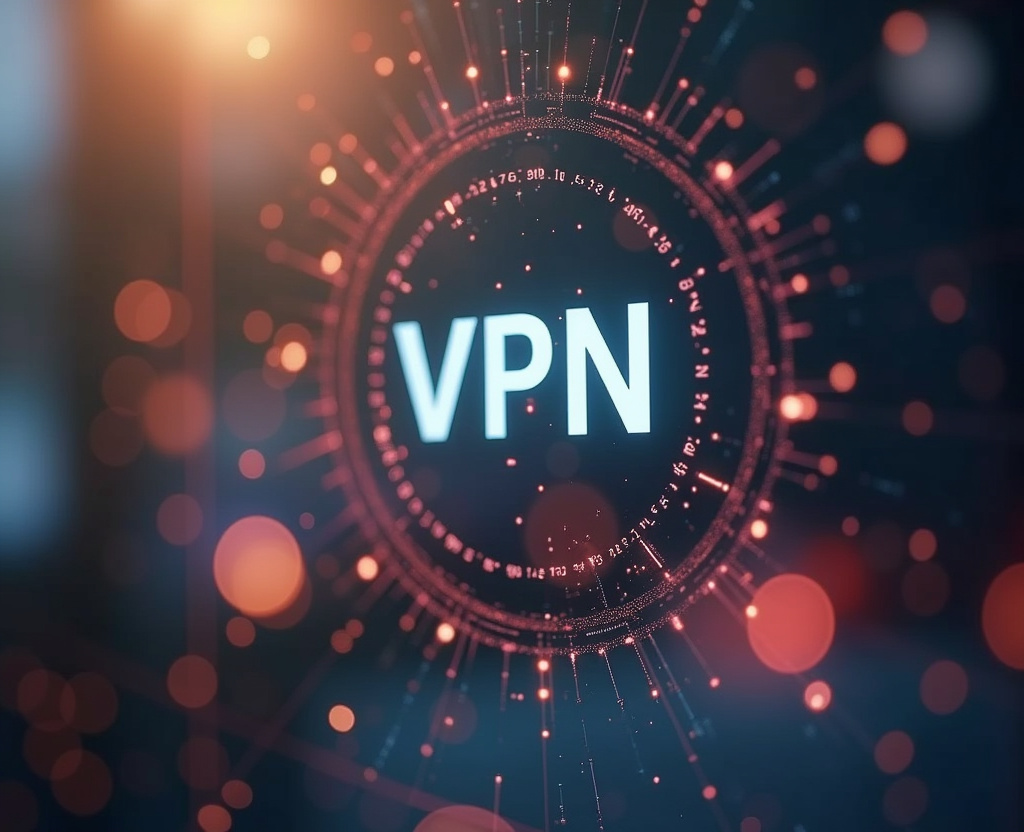Parenting in the Digital Age: VPNs for Family Protection

Table of Contents
digital parenting
The digital realm has become an integral part of modern family life, offering unparalleled opportunities for education, entertainment, and connection. Yet, this interconnectedness also presents a complex web of challenges for parents striving to protect their children and maintain a safe online environment. From the risks of cyberbullying and exposure to inappropriate content to the ever-present threat of data breaches and privacy violations, navigating the digital landscape requires vigilance and a proactive approach to .
Among the tools available to safeguard families in this digital age, a Virtual Private Network (VPN) stands out as a particularly effective and versatile solution. While often associated with corporate security and unrestricted access to online content, VPNs are increasingly recognized for their crucial role in enhancing and providing comprehensive . This article aims to explore the multi-faceted benefits of utilizing , examining how they can empower parents to navigate the digital world with greater confidence and ensure a safer online experience for their children.
This involves understanding the core functionalities of a , recognizing its specific contributions to protecting sensitive family data, and implementing best practices for integrating a VPN strategy into your overall approach to . Ultimately, this article argues that understanding and utilizing VPN technology is becoming an essential aspect of responsible online stewardship for families in the 21st century. The need for proactive has never been greater.
Children are engaging with the internet at increasingly younger ages, often before they fully comprehend the potential risks associated with online interactions. They may be unaware of the dangers of sharing personal information with strangers, clicking on suspicious links, or engaging in risky online behavior. Furthermore, the proliferation of smart devices and the Internet of Things (IoT) has expanded the attack surface for cybercriminals, making it easier for them to target vulnerable home networks.
From smart TVs and gaming consoles to baby monitors and thermostats, these devices often lack robust security features, creating potential entry points for malicious actors. A can mitigate these risks by encrypting all internet traffic originating from the home network, making it significantly more difficult for hackers to intercept sensitive data or compromise connected devices. The landscape of online threats is constantly evolving, requiring parents to stay informed and adapt their strategies accordingly.
Cyberbullying, for example, has become a pervasive problem, with children often targeted anonymously through social media platforms and online gaming communities. VPNs can help to protect children from cyberbullying by masking their IP address and making it more difficult for bullies to track them down or target them with personalized attacks. Similarly, the risk of exposure to inappropriate content is a major concern for parents.
VPNs can be configured to block access to websites and apps that contain sexually explicit material, violent content, or other harmful content, providing a layer of protection against accidental or intentional exposure. Beyond the immediate risks faced by children, parents also need to be concerned about protecting sensitive family data from data breaches and privacy violations. Hackers are increasingly targeting home networks in an attempt to steal personal information, such as credit card numbers, social security numbers, and medical records.
A can help to prevent these types of attacks by encrypting all internet traffic and masking the IP address, making it more difficult for hackers to intercept sensitive data. The use of a is not simply a technological solution; it is an integral component of a broader strategy of responsible . It necessitates open communication with children about online safety, educating them about the risks they may encounter and empowering them to make responsible choices when navigating the internet.
It also requires consistent monitoring of their online activity, ensuring that they are not engaging in risky behavior or exposing themselves to potential harm. By combining technology with open communication, education, and monitoring, parents can create a truly safe and secure online environment for their children, fostering responsible digital citizenship and empowering them to navigate the digital world with confidence and resilience.
home network safety
The very foundation of a VPN's protective capabilities lies in its ability to establish a secure and encrypted tunnel for all internet traffic originating from your home network. This tunnel acts like a private highway, shielding your data from the prying eyes of hackers, government surveillance, and even your internet service provider (ISP). The encryption process transforms your data into an unreadable format, rendering it useless to anyone who intercepts it without the proper decryption key.
In the context of , this core functionality is paramount for safeguarding your family's sensitive information and protecting against a wide range of online threats. A ensures that every device connected to your home network, from computers and smartphones to smart TVs and gaming consoles, benefits from this enhanced security. This holistic approach is crucial, as even a single vulnerable device can serve as an entry point for malicious actors to compromise the entire network.
By encrypting your internet traffic, a effectively prevents cybercriminals from intercepting sensitive data such as passwords, financial information, and personal communications. Passwords, in particular, are a prime target for hackers, as they can be used to access a wide range of online accounts, including email, social media, and banking. A VPN's encryption ensures that your passwords remain protected even if they are transmitted over an unsecured network.
Financial information, such as credit card numbers and bank account details, is also highly vulnerable to interception. A VPN can prevent hackers from stealing this information by encrypting it before it is transmitted over the internet. Personal communications, such as emails, instant messages, and video calls, can also be intercepted by hackers who are looking to gather information about you and your family.
A VPN's encryption ensures that these communications remain private and confidential. Beyond preventing interception, a also plays a vital role in masking your IP address, which is a unique identifier assigned to your device by your ISP. Your IP address can reveal your approximate location and browsing history, making it easier for advertisers and other third parties to track your online activity.
By masking your IP address, a VPN prevents these entities from identifying you and tracking your online behavior, thereby enhancing your privacy. The benefits of IP address masking extend beyond privacy concerns. It can also help to protect against Distributed Denial-of-Service (DDoS) attacks, which are designed to overwhelm a website or online service with traffic, making it unavailable to legitimate users.
Hackers often use IP addresses to launch DDoS attacks, but a VPN can make it more difficult for them to target your home network by masking your IP address. Furthermore, a can circumvent geographical restrictions and censorship, allowing you to access content that may be blocked in your region. This can be particularly useful for families who are traveling abroad or who want to access content from other countries.
However, it's important to note that using a VPN to bypass copyright restrictions may be illegal in some jurisdictions. Many modern VPN solutions go beyond basic encryption and IP address masking, offering a suite of additional features designed to enhance . These features may include malware protection, ad blocking, and parental controls.
Malware protection can help to prevent viruses and other malicious software from infecting your devices, while ad blocking can reduce the number of annoying and intrusive ads that you see online. Parental controls allow you to block access to inappropriate websites and apps, set time limits on internet usage, and monitor your children's online activity. The implementation of a robust should be viewed as a cornerstone of responsible , providing a foundational layer of protection against the ever-evolving threats of the digital world.
It's not just about security; it's about empowering your family to explore the internet with confidence and peace of mind, knowing that their privacy and safety are being protected.
family VPN
Choosing the right is a critical decision that requires careful consideration of several key factors. Not all VPNs are created equal, and selecting one that aligns with your family's specific needs and online habits is essential for maximizing its protective benefits. The first and perhaps most crucial factor is encryption strength.
Prioritize VPNs that employ robust encryption protocols, such as Advanced Encryption Standard (AES) with a 256-bit key (AES-256), considered the gold standard in data security. AES-256 is virtually unbreakable, ensuring that your internet traffic remains protected even if intercepted by sophisticated attackers. Lower encryption levels may be vulnerable to compromise, rendering the VPN less effective in safeguarding your sensitive data.
Furthermore, investigate the VPN's protocol support. OpenVPN is widely regarded as the most secure and reliable VPN protocol, offering a balance of speed and protection. Other protocols, such as IKEv2/IPsec and WireGuard, can also provide strong security, but it's important to research their potential vulnerabilities and limitations.
Avoid VPNs that rely on older or less secure protocols, such as PPTP, as they are known to be easily compromised. Privacy policy is another paramount consideration when selecting a . Scrutinize the VPN's privacy policy carefully to understand what data it collects and how it uses that data.
A reputable VPN will have a clear and transparent privacy policy that explicitly states that it does not log your browsing activity, IP address, connection timestamps, or any other personally identifiable information. Look for VPNs that adhere to a strict "no-logs" policy, meaning that they do not retain any records of your online activity. Be wary of VPNs that collect excessive amounts of data or have vague or ambiguous privacy policies, as this may indicate that they are not committed to protecting your privacy.
The location of the VPN provider's headquarters is also a factor to consider. VPNs located in countries with strong privacy laws and protections,
family VPN
Beyond these core security and privacy considerations, the practical aspects of using a are also crucial in ensuring its effective integration into your home network. One of the most important factors is the number of simultaneous device connections supported by the VPN. In today's connected homes, families often have numerous devices vying for internet access, including computers, smartphones, tablets, smart TVs, gaming consoles, and IoT devices.
A suitable should offer a sufficient number of simultaneous connections to protect all of your family's devices concurrently. This prevents the need for constant connecting and disconnecting, streamlining the user experience and ensuring consistent protection across all devices. Consider the specific number of devices your family uses regularly and choose a VPN that accommodates your needs comfortably.
Some VPN providers offer tiered plans with varying numbers of simultaneous connections, allowing you to select the option that best fits your family's requirements and budget. The user interface (UI) and overall ease of use are also critical, particularly for families with less tech-savvy members. A should feature a simple, intuitive interface that is easy to navigate and understand, even for beginners.
Complex configurations or technical jargon can be overwhelming and discouraging, leading to inconsistent usage or even abandonment of the VPN altogether. Look for VPNs that offer user-friendly apps for all major operating systems (Windows, macOS, iOS, Android), ensuring seamless integration across all of your family's devices. The VPN app should clearly display the connection status, server location, and any active security features, providing a clear visual indication that your internet traffic is being protected.
One-click connection options and pre-configured settings can further simplify the user experience, making it easier for family members to connect to the VPN quickly and effortlessly. Customer support is another essential aspect to consider, especially when troubleshooting technical issues or seeking guidance on configuring advanced features. Opt for VPN providers that offer responsive and helpful customer support through various channels, such as email, live chat, or phone.
A comprehensive knowledge base with FAQs, tutorials, and troubleshooting guides can also be invaluable in resolving common issues independently. Testimonials from other users can provide valuable insights into the quality and responsiveness of the VPN provider's customer support. Parental control features are a significant advantage for families seeking to enhance their efforts.
Many VPNs offer integrated parental control tools that allow you to block access to inappropriate websites and apps, filter content based on age ratings, and set time limits on internet usage. These features provide a valuable layer of protection against exposure to harmful content, promoting a safer and more responsible online experience for children. Look for VPNs that offer customizable parental control settings, allowing you to tailor the filters and restrictions to your family's specific values and preferences.
Activity monitoring features can also be helpful in tracking your children's online activity and identifying potential risks or concerns. However, it's important to use these features responsibly and transparently, engaging in open communication with your children about online safety and privacy. The effectiveness of a also depends on its impact on internet speed.
Encryption inevitably adds some overhead to internet traffic, which can result in slower speeds. However, reputable VPN providers optimize their networks to minimize this impact, ensuring that you can still enjoy a smooth and seamless online experience. Look for VPNs with a large selection of server locations, allowing you to connect to a server that is geographically close to your location, which can help to improve speeds.
Free trial periods can also be valuable in testing the VPN's performance and ensuring that it meets your speed requirements before committing to a paid subscription.
family VPN
Implementing a effectively extends beyond simply subscribing to a service and installing the app. It requires a holistic approach that integrates the technology into your family's overall online safety strategy, fostering responsible digital habits and promoting open communication about online risks. This involves educating all family members about the importance of using the VPN and explaining how it works to protect their privacy and security.
Emphasize the specific benefits of using the VPN, such as preventing online tracking, protecting against hackers, and accessing geo-restricted content. Encourage family members to ask questions and share any concerns they may have about using the VPN. Consistency is key to maximizing the protective benefits of a .
Ensure that all devices connected to your home network are consistently connected to the VPN, even when using public Wi-Fi networks. Configure the VPN app to automatically connect on startup, preventing accidental exposure of unencrypted traffic. Regularly check the VPN connection status to ensure that it is active and functioning properly.
Establish clear guidelines for using the internet responsibly, including avoiding suspicious websites, refraining from sharing personal information with strangers, and reporting any instances of cyberbullying or online harassment. Reinforce these guidelines through ongoing communication and education, fostering a culture of online safety within your family. Regularly review and update your settings on all devices and online accounts.
This includes enabling strong passwords, enabling two-factor authentication, and managing privacy settings on social media platforms. Educate family members about the importance of these security measures and encourage them to practice good password hygiene, such as using unique and complex passwords for each account. Discuss the potential risks of phishing scams and encourage family members to be cautious about opening suspicious emails or clicking on unknown links.
Emphasize the importance of reporting any suspicious activity to you or another trusted adult. Maintaining an open dialogue with your children about their online experiences is crucial for early detection of potential problems. Encourage them to talk to you about any uncomfortable or concerning interactions they may have online, such as cyberbullying, exposure to inappropriate content, or contact from strangers.
Create a safe and supportive environment where they feel comfortable sharing their concerns without fear of judgment or punishment. Consider implementing regular family meetings to discuss online safety topics and address any questions or concerns that family members may have. These meetings can provide a valuable opportunity to reinforce online safety guidelines, share tips for staying safe online, and address any emerging threats or concerns.
The digital landscape is constantly evolving, so it's essential to stay informed about the latest online threats and security best practices. Subscribe to reputable cybersecurity blogs, newsletters, and social media accounts to stay up-to-date on the latest threats and vulnerabilities. Attend online safety webinars and workshops to learn about the latest digital parenting strategies and tools.
Continuously adapt your approach to address the ever-changing challenges of the online world. Finally, remember that a is just one tool in a comprehensive online safety strategy. It's not a silver bullet that will completely eliminate all online risks.
However, when implemented effectively and integrated into a broader framework of responsible digital habits, open communication, and ongoing education, a VPN can significantly enhance your family's security and privacy, empowering you to navigate the digital world with greater confidence and peace of mind. By embracing technology and proactive , you can create a safe and supportive online environment for your children, fostering responsible digital citizenship and enabling them to thrive in the digital age. This ongoing commitment to and comprehensive protection is an investment in your family's well-being and future.
Stay Updated
Get the latest VPN news, tips, and exclusive deals to your inbox.




